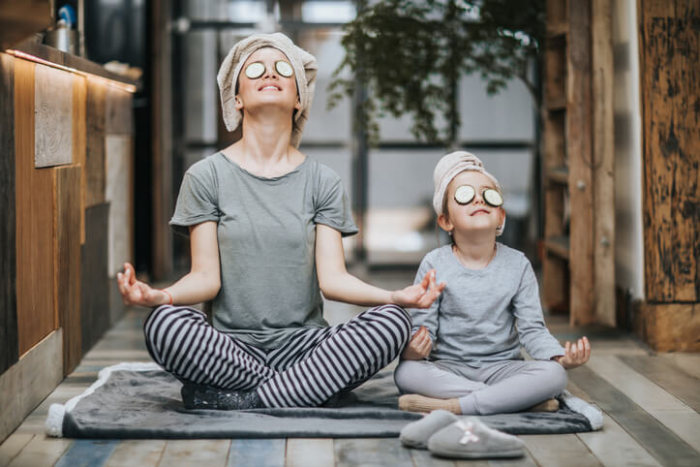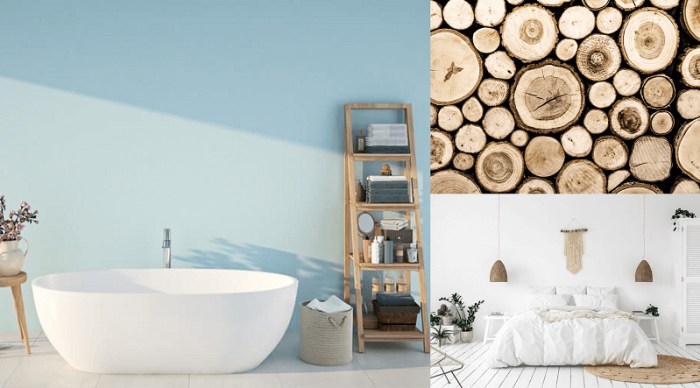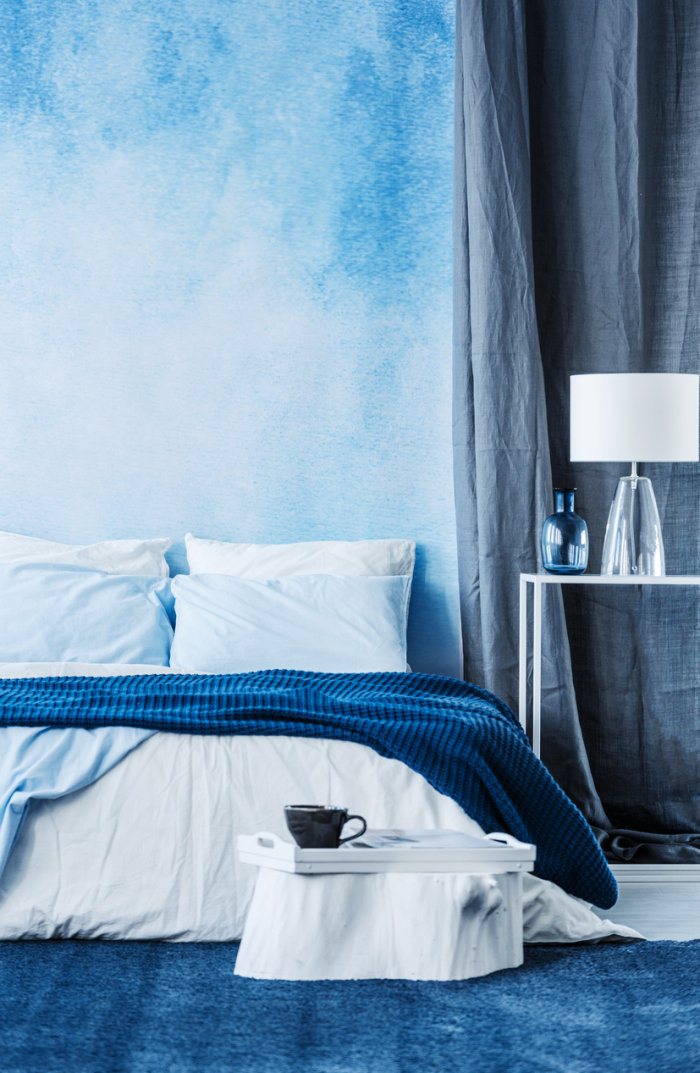How to furnish your home according to the Feng Shui principles
Have you always wondered about how to furnish your home according to the Feng Shui principles? Then enjoy our guide and discover lots of tricks and tips to find the balance thanks to this discipline.
Stylish looks for less
Feng Shui: a term that has spread rapidly among interior design enthusiasts in recent years. When translated from Chinese, it means "wind" and "water", two words that symbolise happiness, prosperity and health in the Feng Shui's country of origin. By learning how to decorate your home according to the Feng Shui principles, you can enjoy a calmer and more harmonious living space.

A new way of arranging each space using the Feng Shui principles
The ancient Chinese discipline of Feng Shui is directly based on the relationship between the vital energy created by people and the surrounding environment. Organising rooms or enclosed spaces in a way that generates positive energy is considered fundamental to the basic foundations of the Feng Shui principles. Follow a few simple rules in décor and furnishing to keep positive energy flowing, and your home will be perfectly in tune with those who live there.
The main factors that you'll need to consider when re-organising each space using the Feng Shui principles are:
- The layout of the rooms
- The colours
- The materials
How to arrange rooms according to the Feng Shui Principles
The ancient Chinese philosophy takes presence of magnetic and energy fields into full consideration. Therefore, any choice made within the Feng Shui principles should aim to make rooms feel warm and welcoming. For example, it's essential to ensure that rooms are arranged in accordance with the orientation of the cardinal points. Here is a plan of how a Feng Shui home should ideally be organized:
- Entrance: no matter where it is located, the entrance will determine the location of other rooms. It is important that it is clean and bright and kept free from obstacles.
- Bedroom: ideally, bedrooms should be as far as possible from the front door. Avoid mirrors and angular furniture and place the bed in the opposite corner to the door.
- Kitchen: if possible, not too close to the entrance to avoid dispersion of positive energy. In general, it's the room with the greatest propensity to accumulate useless objects. Pay attention to shelving and discard or store unnecessary items.
- Bathroom: the most important point is that it's not too close to the kitchen.
- Studio: should be as far as possible from the kitchen and have good natural lighting.
What materials to choose according to the Feng Shui Principles
First of all, the Feng Shui directs you to the use of natural materials. Disperse with plastics and man-made materials in favour of metal, stone and wood. The latter, in particular, is suitable for floors, doors and windows since it guarantees visual continuity with the outside environment – especially if there are lots of trees!

Which colours are suitable for Feng Shui homes?
Colours are very important. Bear in mind that colour choice should be linked to both the type and position of the room. If a room is south-facing, it needs warm tones such as red and orange, while a north-facing room would benefit from a palette of cool colours like blue or lavender. Green, the colour of knowledge, is perfect for rooms on the east side of your home and it's also an ideal choice for offices and studies.
Bright colours facilitate conversation, while green and blue are recognised for their ability to promote relaxation.

You might choose yellow for the kitchen. Did you know that it is regarded as an appetite stimulating colour? Furthermore, it will exude positive energy at breakfast time for a productive start to the day.
Light in the Feng Shui
Given the importance of contact with nature in the Feng Shui, the type and origin of light is especially important.
Try to take as much advantage of natural light as possible; perhaps by choosing light, transparent curtains or blinds that can be raised and lowered for your windows.

In search of harmony: free your home from the superfluous!
And what about furnishings? Decluttering is vital if you want to make the most of each space. That means that you'll have to rid your home of all those superfluous items.
Get rid of ornaments and other useless objects to enhance psychological well-being (and cut down on dusting)! It's also best to avoid furniture which has sharp corners or is excessively bulky.
In the bedroom, place the bed with the headboard facing to the north. At the same time, be careful that your bed isn't in front of a door so that you're not disturbed by energy entering the room as you sleep. Place mirrors on the inside of wardrobe doors for the same reason – according to the Feng Shui principles, your soul can be mirrored during the night if mirrors are left too near the bed.
🌿 Other articles for psycho-physical well-being 🌿
Finally, one last tip. Soften sharp edges and corners with plants. They will redirect "aggressive" energy from the most angular pieces of furniture and add a touch of joy to the room. And, let's not forget, they'll also follow the popular Scandinavian style trend!
Now that you've discovered how some of the secrets of this oriental philosophy work, you can use them to transform your living space again and again. Take advantage of our offers and enjoy great discounts up to 75%* on premium fashion and lifestyle brands!